Assassin’s Creed Mirage on PS5
I don’t know about you, but I sure was getting pretty stressed out looking at the hundreds of ? icons on my world map in Assassin’s Creed Valhalla, feeling like I’d never be able to see everything that game had to offer. The shift to a more RPG-centric experience felt fresh and novel when Origins did it, Odyssey built upon it and thrived, but by the time Valhalla rolled around, it got exhausting. I’m sure the glut of other 100-hour open-world games that released during those years didn’t help either.
Assassin’s Creed Mirage is a real breath of fresh air in that regard. Here, we have a game that truly wants to revisit its series roots by giving us a much smaller adventure in terms of scale. A game that doesn’t see the need to thrust you into an open-world with a laundry list of a thousand things to do. A game that you can actually feasibly beat within a week. Imagine that!
The result is a much more focused narrative experience that wants you to enjoy the story and its linear progression style, and while the story itself has its hiccups, I have to say I haven’t had this much fun with an Assassin’s Creed game in years.
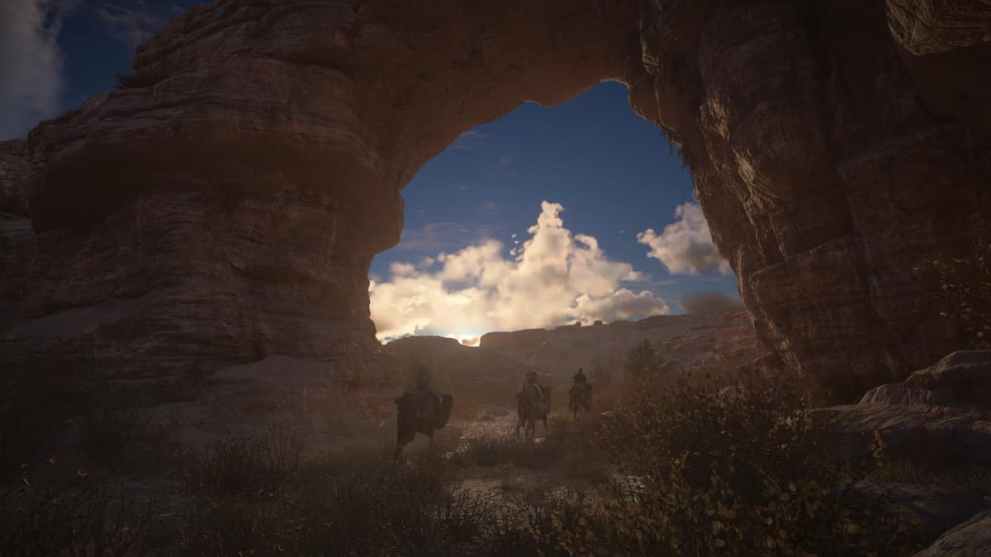
Assassin’s Creed Mirage takes place rather early on in the timeline; its events occur right before Valhalla, and follows the story of Basim, who shows up in Valhalla as a side character. Full disclosure here: I never played enough of Valhalla to actually meet Basim, but you don’t need to in order to enjoy Mirage. This is Basim’s origin story after all, and players are transported to 9th century Baghdad which, like most other Ubisoft games, feels well-realized and very lived in.
The strength of the Assassin’s Creed games has always lied in their ability to make the player feel like they’re properly exploring a specific time period in history, and Mirage succeeds at that, as expected. With plenty of historical sites and little factoids to uncover, history buffs who enjoyed the series for its more academic side will find plenty to love here. The small details make the world shine, and the juxtaposition between the cramped streets of Baghdad and the expansive dunes and wilderness of its outskirts made it all the more compelling.
The real draw of Mirage, however, is how back-to-basics everything feels. Ubisoft has completely ditched the RPG-centric leveling and experience systems in favor of story-based progression. What this means is that you no longer have to worry about grinding out side quests to level up, and you can instead focus on completing story missions and rest assured knowing that you’ll be able to unlock all the skills you need to beat the game.
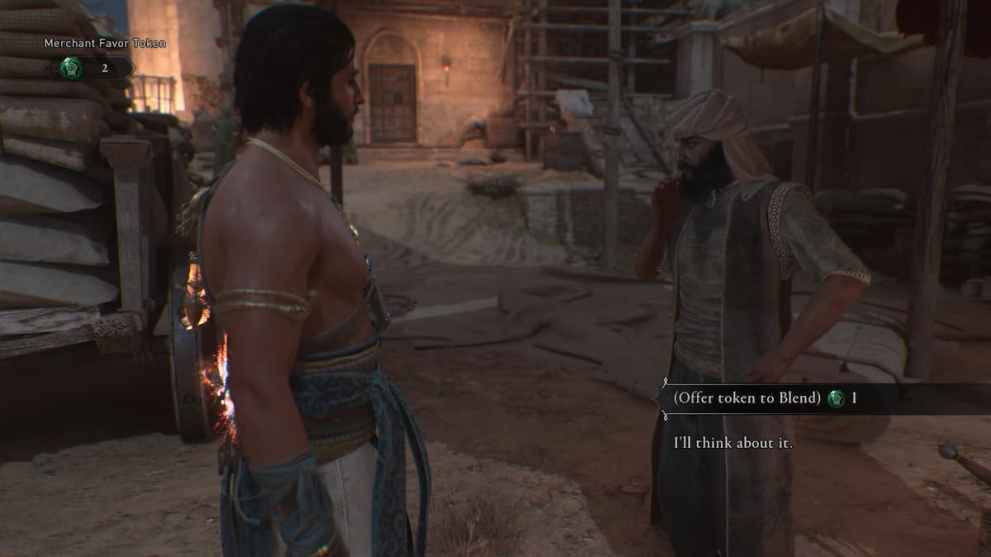
It’s worth noting that the weapon and armor upgrade system is still intact, and Mirage does still offer quite a few side quests in the form of Contracts and other side activities that help you to gain skill points faster and get stronger. That said, main story missions are still the best way to progress and rack up those skill points, so if you really wanted to ignore all of that side stuff, you could. But then again, the side stuff’s actually good, so why would you?
A lot of the classic Assassin’s Creed animations are back, including the corner jump, and there are even a couple of new moves like pole vaulting, which make the parkour feel better than ever. You’ll still run into the occasional snag, with Basim trying to run up a wall when you just want to run straight, and that can be frustrating especially when you’re trying to get away from enemies, but for the most part, the parkour feels solid.
Mirage is also much more focused on stealth-based gameplay, and the game encourages you to really survey your surroundings with Enkidu the eagle (and your own eagle vision) before infiltrating enemy territory. The result is an incredibly satisfying stealth experience, where you’re constantly keeping an eye on enemy routes, finding innovative ways to conceal yourself before you strike from the shadows.
You’re also able to blend in seamlessly with crowds once again, and even hire mercenaries to help you in a fight or to distract the enemy while you sneak in elsewhere. To make things more interesting, Assassin’s Creed Mirage introduces a new system called Favor Tokens, which are a currency you accrue largely through Contracts and looting chests. These Favor Tokens can be used to hire aforementioned mercenaries, or to bribe NPCs into giving you an easier route to an assassination target, or reduce notoriety and merchant prices.
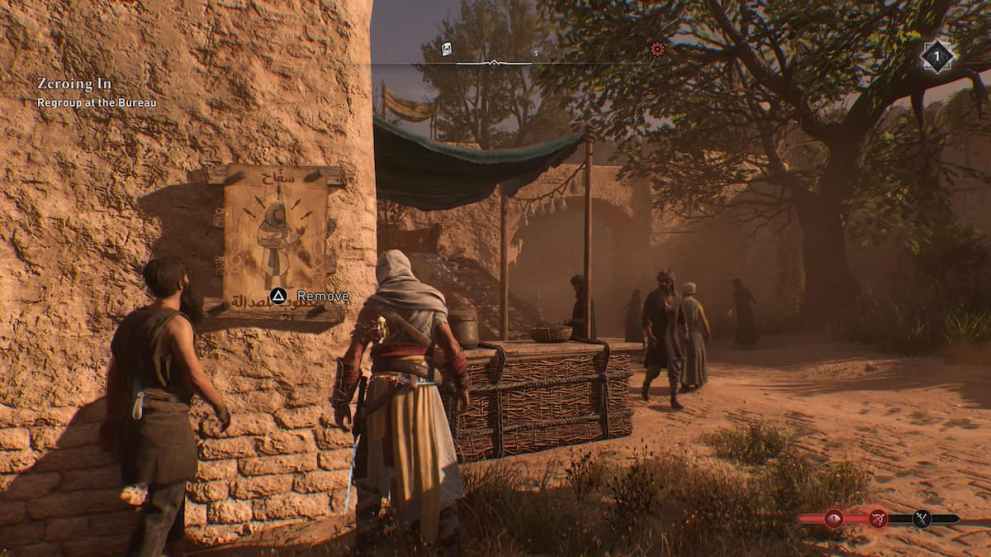
They’re not so oppressive that you absolutely need to farm them in order to progress in the game, but they do serve as a nice reward for the players who have taken the time to explore what Mirage has to offer and complete as many side quests as possible. They make the main missions just a tad easier, but again, you can get by without ever touching them at all.
It’s not all sunshine and roses, though. More so than most other recent Assassin’s Creed games, Mirage can sometimes feel rather unintuitive in its quest design. The game is a fan of occasionally giving you objectives without any direction at all, forcing you to wander around the quest area somewhat aimlessly until you somehow luck out and stumble upon what you were meant to find. This can be frustrating, and while eagle vision often helps with locating objects or NPCs you can interact with, it can still feel needlessly time-consuming if you happen to be looking in the wrong area, or if the quest zone is particularly large.
It doesn’t help that Basim isn’t exactly the most fascinating protagonist either, though I suppose we haven’t really had a great Assassin’s Creed protagonist in a while. The Frye twins and Odyssey’s Kassandra are somewhat recent standouts, but in comparison, Basim feels bland and uninteresting. His motivations are one-dimensional, he’s boring, and he doesn’t have any traits or characteristics that make him stand out. The supporting cast doesn’t fare much better either, save for a few standouts like Ali, Nehal, and Roshan, who are much more nuanced characters with complex motivations and morals. I couldn’t help but wonder if the game would’ve fared much better had any of those three been the main protagonist instead.
Still, Basim gets the job done, I suppose.
As the series has progressed, Ubisoft has gradually moved away from the modern-day storyline with Desmond Miles (RIP) and Abstergo to the point of complete absence, and you can expect the same from Mirage as well. Assassin’s Creed is now content to be a purely historical fiction series with a dash of the supernatural, and Mirage is just the latest entry in the series to push that trend forward.
I, for one, am perfectly fine with that. Story and characterization woes aside, Assassin’s Creed Mirage is a crystallization of what made the series so great in the first place. My fondest memories of the series come from the original game, hopping from rooftop to rooftop as Altair, blending in with the crowds or sitting on a bench to avoid detection, only to burst out in a flurry of blood and steel when my target was within reach. Mirage brings those memories back with a modern twist, but without any of the bloat from the recent entries.
Assassin’s Creed Mirage is proof that Ubisoft doesn’t need an expansive open-world to create a compelling Assassin’s Creed game. I don’t need a laundry list of neverending chores to knock out, or endless quests and question mark icons to explore in order to level up. All I need is my hidden blade, a cool hoodie and some darts, and I’m good to go. Mirage is Ubisoft’s most focused Assassin’s Creed game in six years, and a much-needed revitalization of the series.
- A back-to-basics approach that makes the game feel much more focused.
- Favor Tokens are a great optional reward that also open up other assassination possibilities in main missions.
- Baghdad is well-realized and fun to parkour around in.
- Basim is an incredibly bland protagonist.
- Mission objectives can be frustratingly vague.

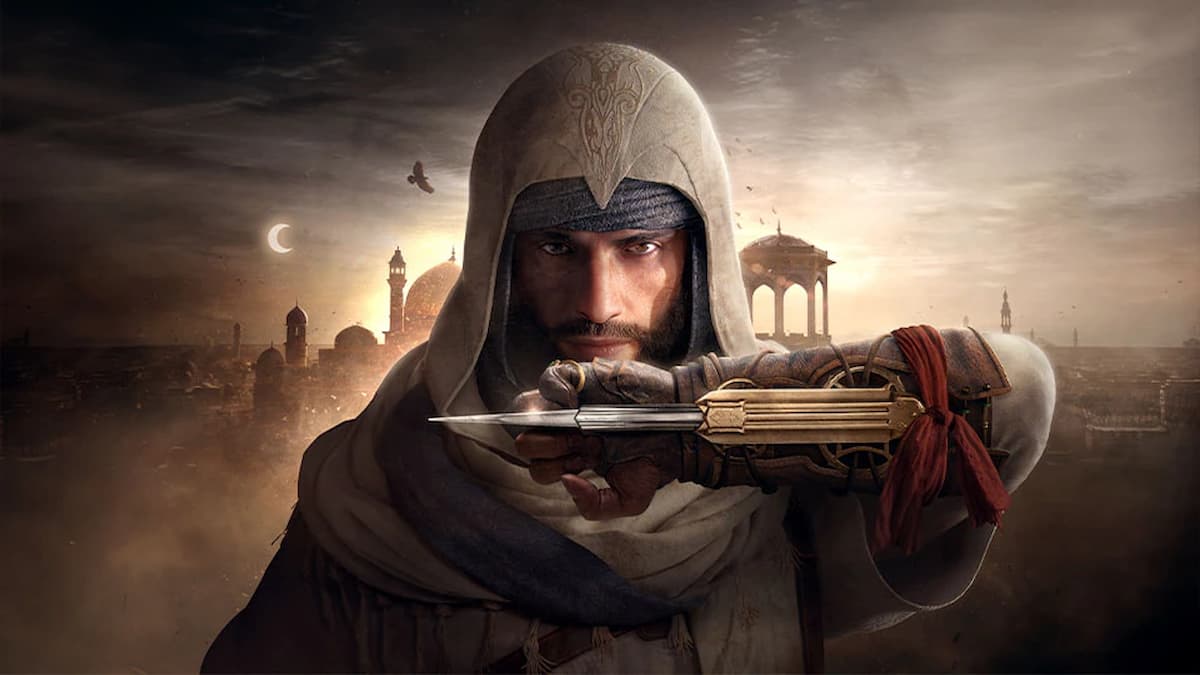
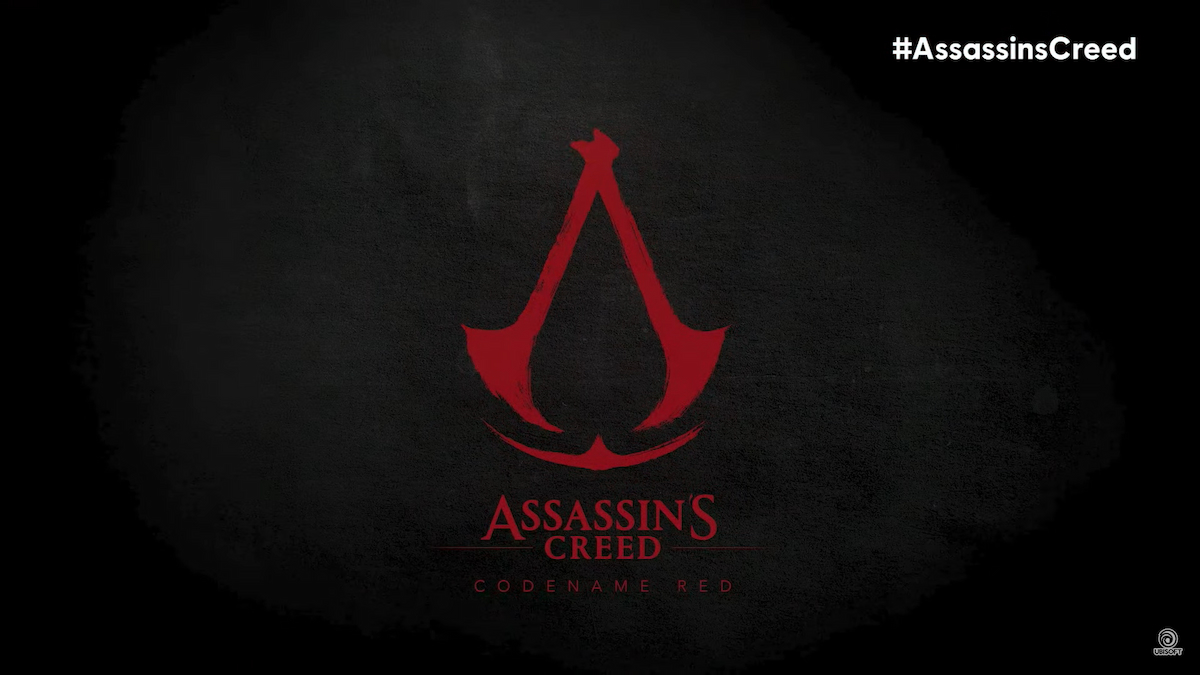
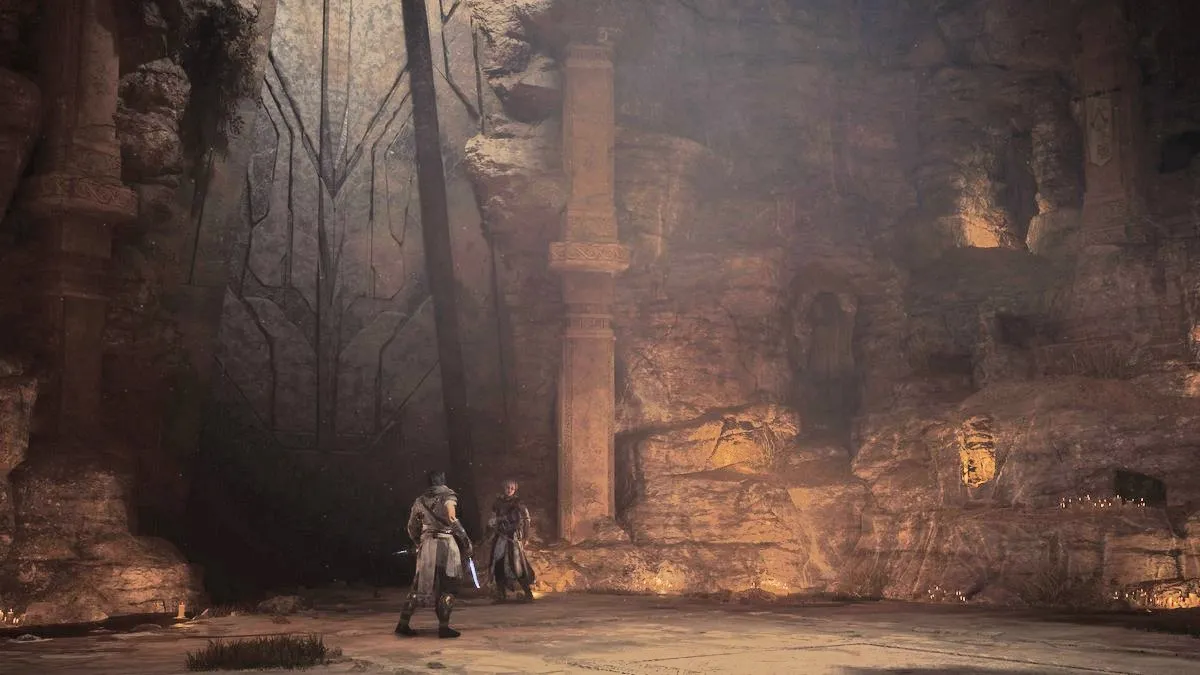
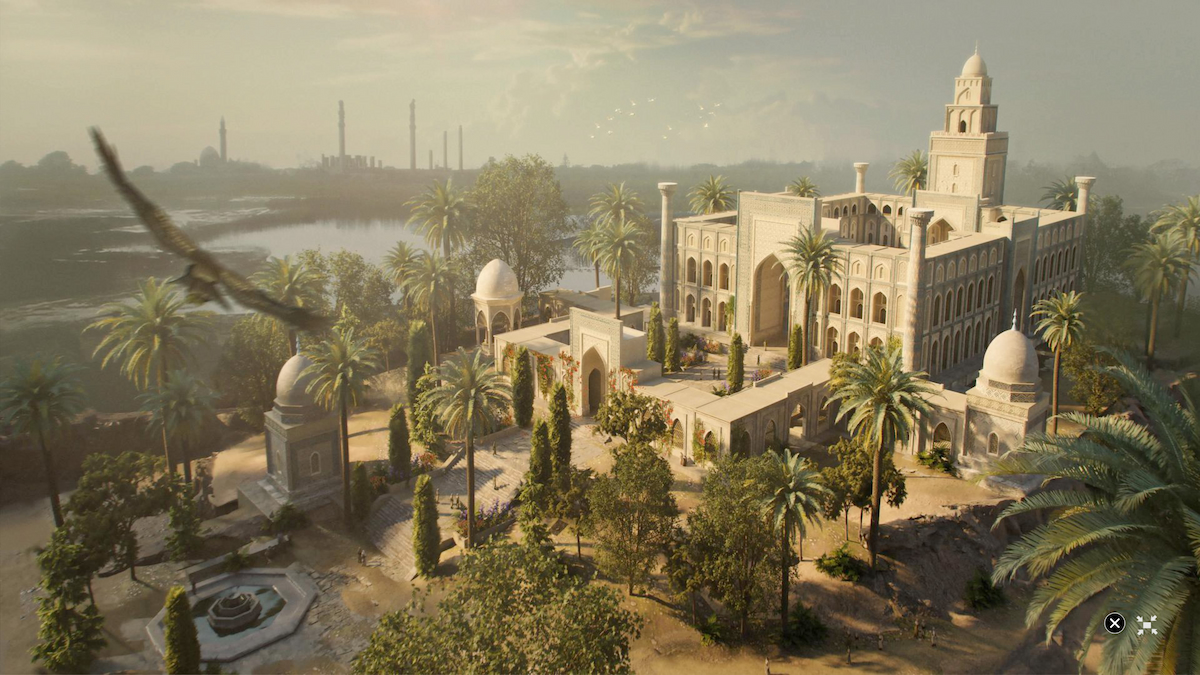
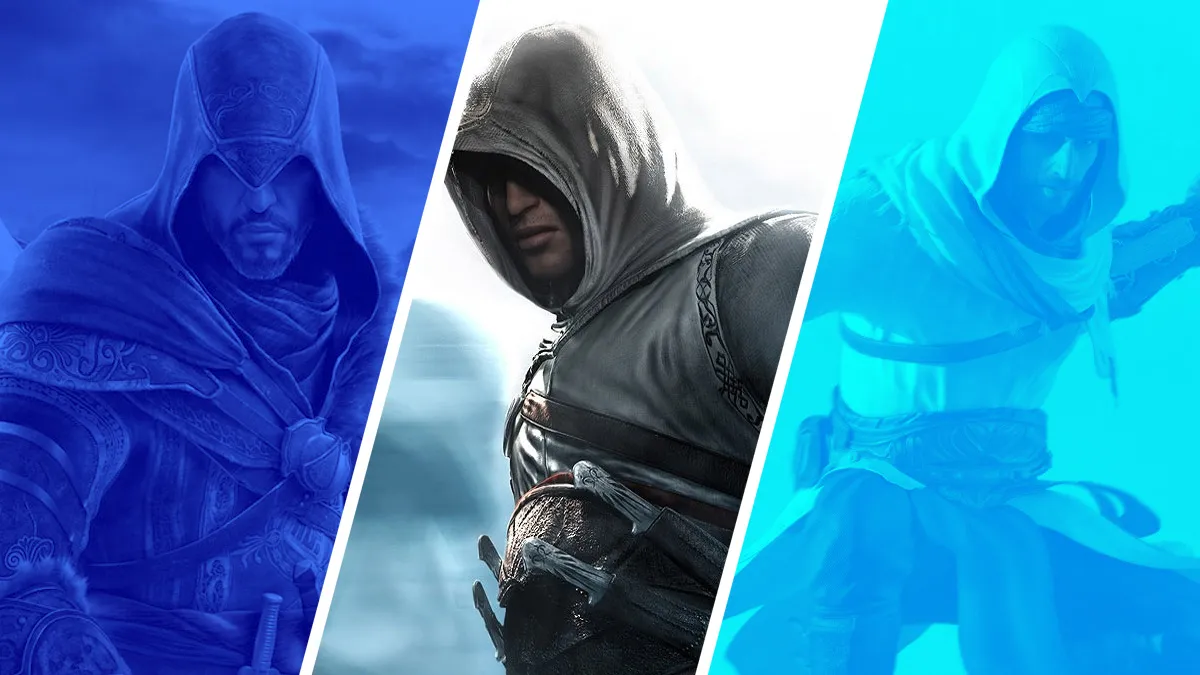


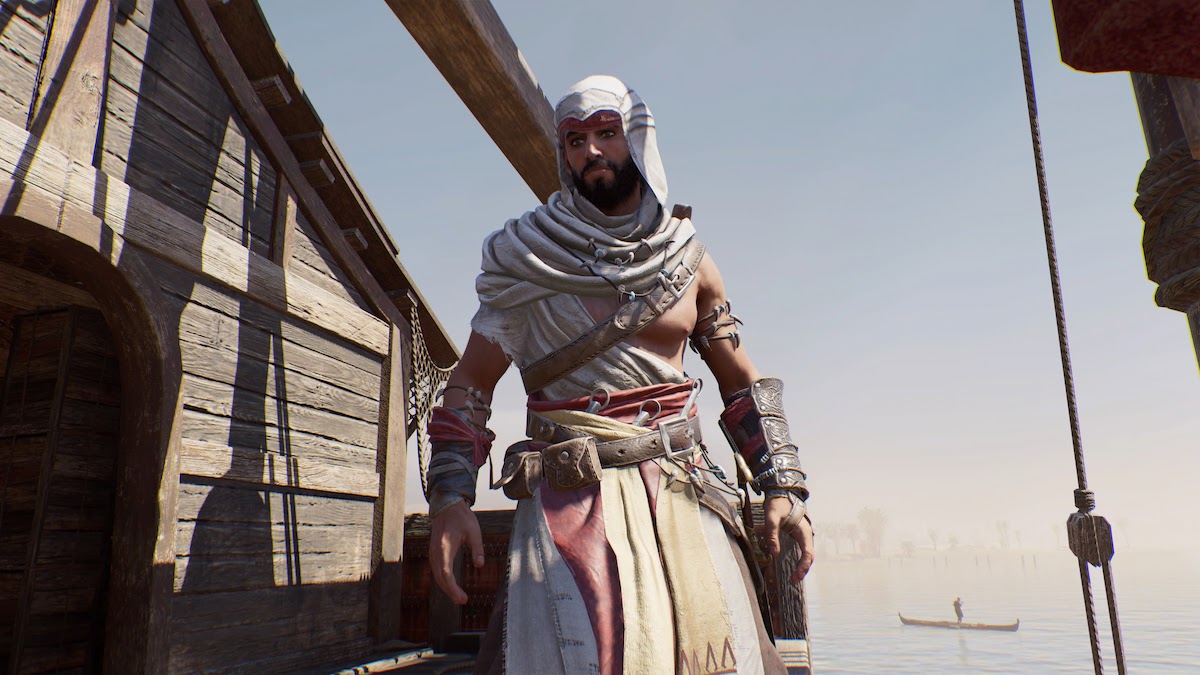
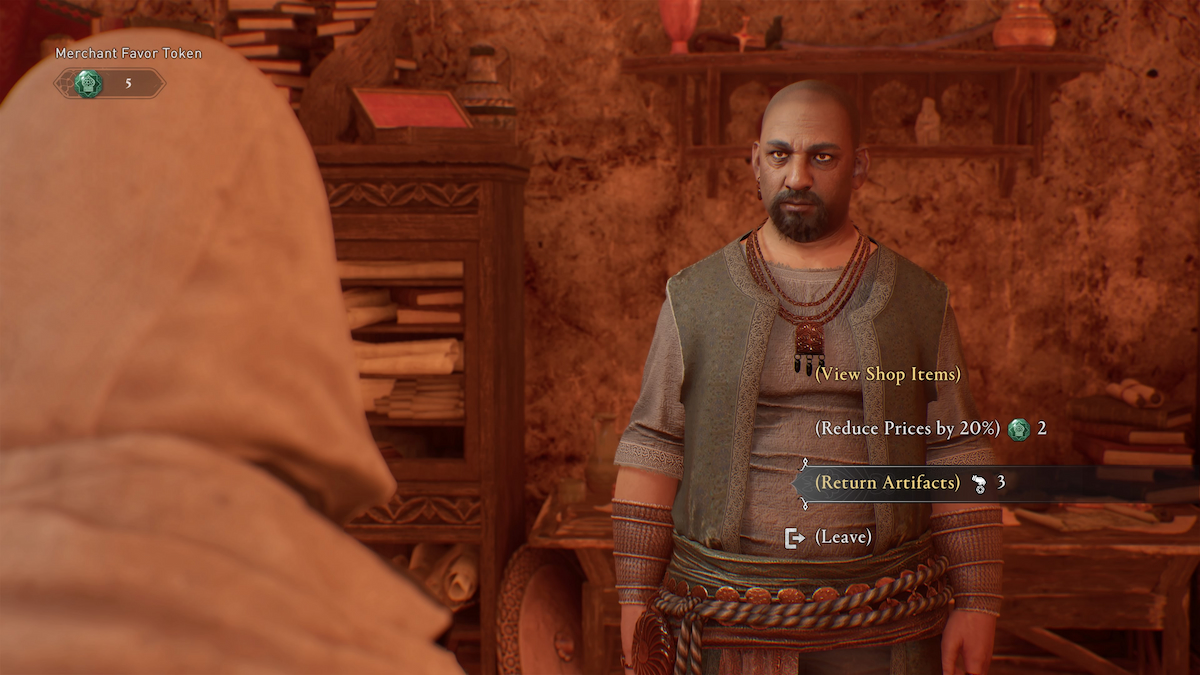



Updated: Oct 4, 2023 02:16 am